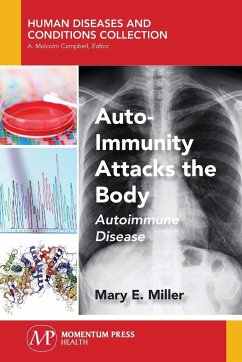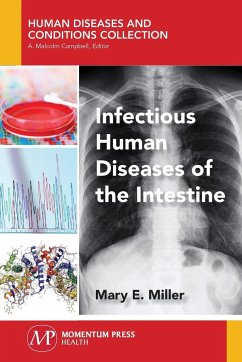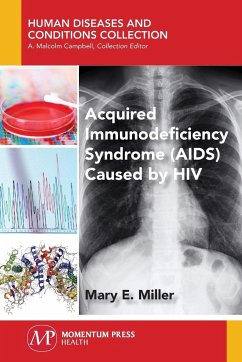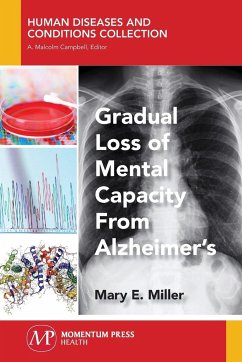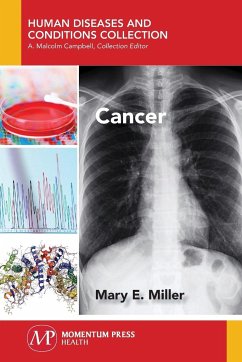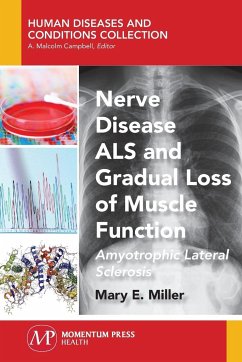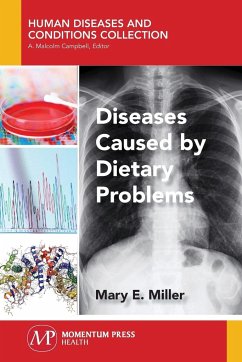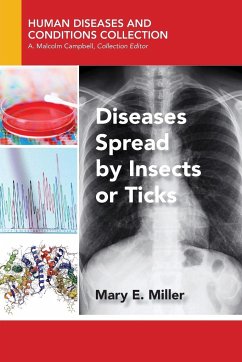The human body is protected in critical ways as our immune system provides protection from a broad spectrum of infections and injuries. Unfortunately, in some individuals, their immune system targets components of their own bodies, causing autoimmune disease. Many different types of autoimmune diseases exist, each presenting unique symptoms depending on the body system that is damaged. It is not clear what triggers the progression from normal immune reactivity to autoimmune disease, though both environmental and genetic factors are thought to contribute. This book focuses on three distinct examples of autoimmune disease or reactivity: multiple sclerosis, which involves an autoimmune response against structures that support neurons, rheumatoid arthritis, resulting from autoimmune-dependent damage to joints, and organ or graft rejection, which occurs when the immune system recognizes tissues from another individual as foreign. In each case, we consider current and future issues related to disease progression, diagnosis, and treatments.

